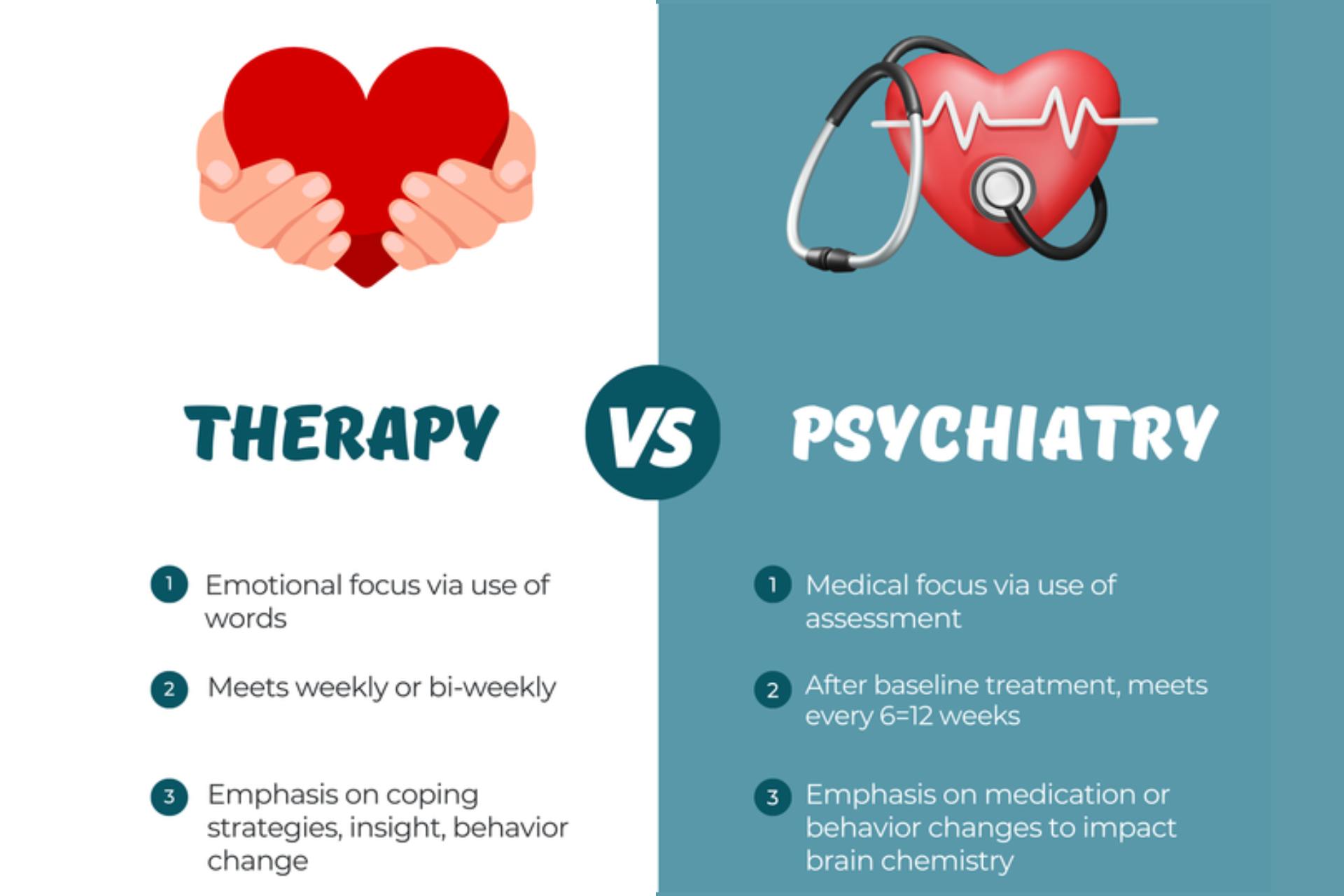
Imposter syndrome is a psychological phenomenon that leads individuals to doubt that they merit their position or accomplishments. As the name suggests, people struggling with imposter syndrome may view themselves as shams or fear being exposed as “frauds.”
Those experiencing this destructive thinking pattern might find they have persistent anxiety, self-doubt, and fear of being “exposed” as inadequate. Imposter syndrome can impact anyone, regardless of their success levels, and can be particularly tricky to overcome because it often persists despite clear evidence of capabilities. People with large portfolios of successes might redirect the credit to external factors, completely negating their own hand in realizing their objectives. No one is immune.
Understanding and addressing these feelings can help you recognize your value and true worth.
Recognize it’s there. Recognize you aren’t alone.
Even just pausing and noting that you are struggling with imposter syndrome can be a big first step. It’s important to know that you’re not alone. Do you feel like you didn’t truly deserve to get into your college? A bunch of your classmates probably feel the same way. Do you feel like you stole a spot on the marketing team from a more qualified candidate? Someone in your group probably has the same line of internal monologue.
This experience goes double for women or oppressed minorities. Our world propagates many harmful narratives about demographics “stealing jobs” or having roles “handed to them.” That you only got your job because someone found you pretty. That you’re only here for company statistics. If dozens of people around you are constantly pushing the narrative that you don’t belong, it’s bound to take a toll on your mental health and worsen your imposter syndrome. Recognize your feelings. Recognize the external source. Know that the people who ingrained these ideas into you did so from a place of entitlement, envy, and misplaced anger. You are here; you are occupying this space, and everyone else will have to accept it. Instead of letting this negativity bring you down, let it motivate you to persist. You aren’t going anywhere.
Reframe your thoughts.
We are prone to getting trapped in negative thought patterns.
I don’t know how to do this.
I’m not qualified to do this.
The only reason this worked is because I got lucky.
Challenge this self-talk and reframe your thoughts in a way that acknowledges the beautiful human capability to learn and grow. How can we improve the lines of thinking above?
I will need help so that I can learn how to do this.
I’m learning and growing into this role.
My hard work took me halfway there, and fortune got me to the finish line.
Keep note of your success.
You can make a success journal or even keep mementos from moments of triumph. If you’re prone to self-doubt, save positive feedback you received from a respected teacher or coworker. Find pieces of work you are proud of. Reviewing a collection of your successes can help you recognize your accomplishments.
You can also seek feedback from respected colleagues or peers. They can provide perspective and reassurance, which might help you see your own skills more clearly.
News Flash: Lots of the World Runs on Luck
One of the most common reasons we tend to diminish our accomplishments is that our success is not created in a vacuum. External factors, such as luck or timing, affect everything we say and do. For example, Zoom’s digital meeting platform is undoubtedly a household name, largely thanks to the COVID-19 pandemic. It’s a company valued at billions of dollars, but we can safely assume that it wouldn’t hold a fraction of the relevance if we hadn’t all gone remote a couple of years ago. Would you say that Zoom doesn’t count as a success story because it was brought to the limelight by a pandemic?
Most products, brands, and projects all rely to some degree on luck. Apps take off because they happen to hit the market at a time of peak consumer interest. Restaurants grow stronger when their competitors move to different districts. Being in the right place at the right time is how hundreds of people and companies have found success.
Maybe you wouldn’t have gotten your job if your workplace hadn’t been short on time to fill a position. Maybe your idea pitch only worked because your boss was having a good day. Maybe your latest article only got so much attention because one of its topics happened to be trending. But guess what? It takes a combination of hard work and good fortune to find success. Luck is no reason to second guess yourself.
You can fail (seriously).
Failure is a natural part of growth and learning.
“But this school gave me a big scholarship!” You can still struggle in classes, or need to ask for help.
“But I was selected for this competitive internship!” Did you sign a contract promising them perfection? This is a learning experience.
“But everyone always compliments me for always having the perfect memory!” You are human. Don’t let other people’s impossible expectations bring you down.
Everyone is going to make mistakes. Your classmates, your colleagues, your teachers, your bosses. Sure, some might be better at hiding their errors than others, but rest assured that no one is always perfect. Messing up does not mean you are a sham or undeserving of your spot.
Self-compassion is a necessary skill to have. Be kind to yourself. Treat yourself with the same understanding, respect, and empathy that you show to others.
Consider professional help
If imposter syndrome significantly impacts your well-being or performance, consider speaking with a therapist, psychiatrist, or mental health professional. Various strategies can be used to help curb imposter syndrome.




